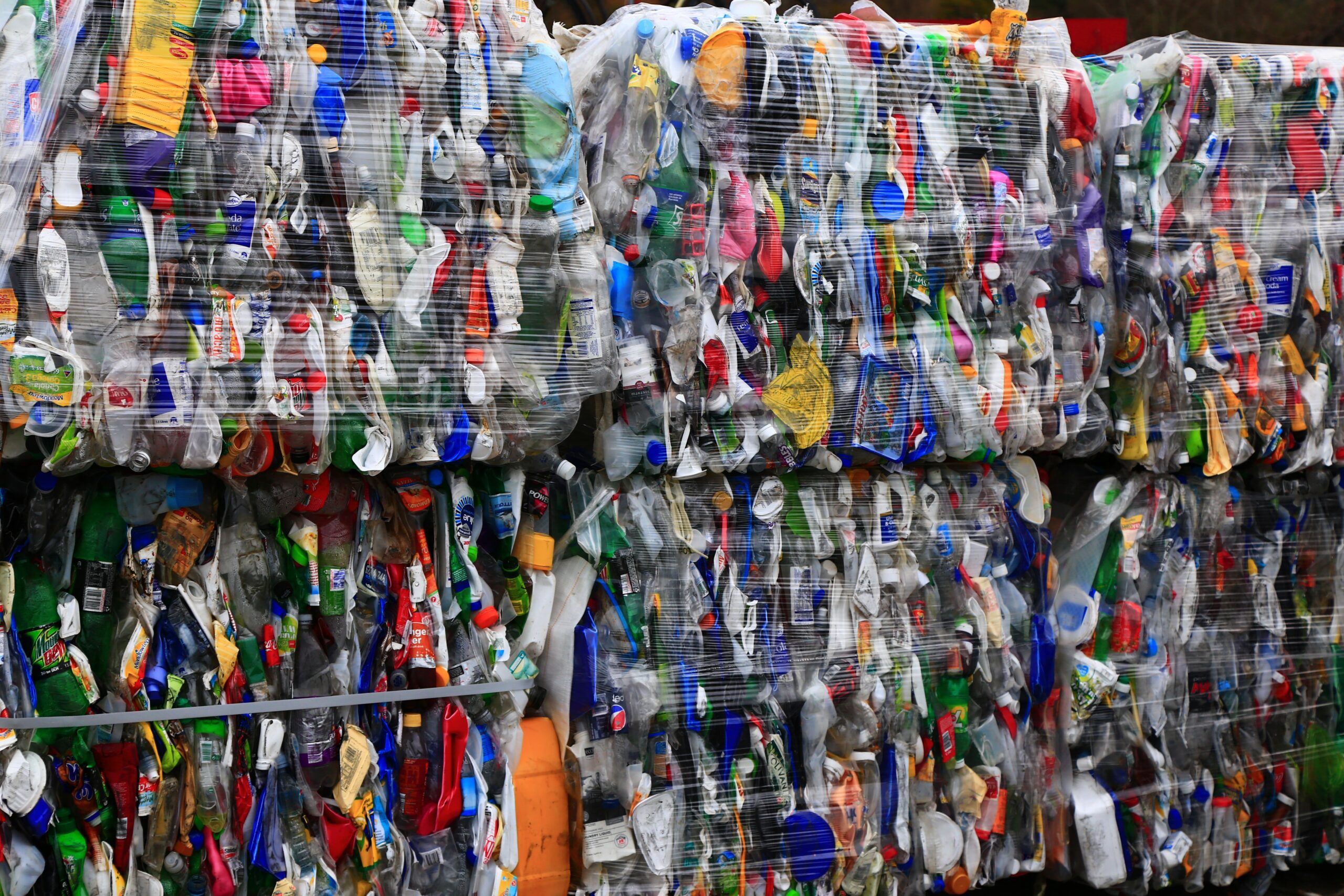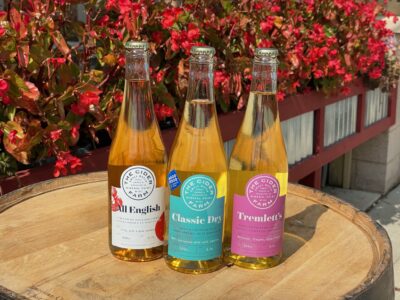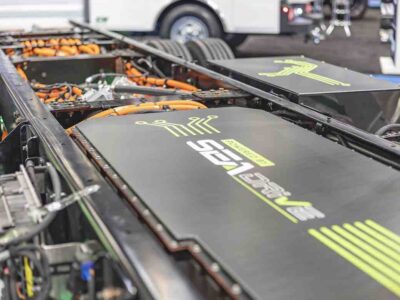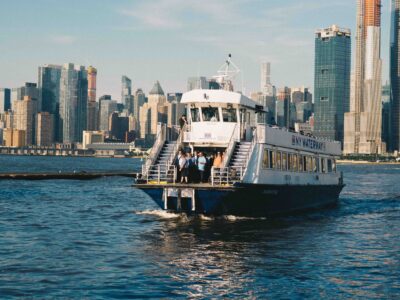Environmentalism is a world where success hinges mainly on picking one’s battles. Since the 20th-century realization of the impacts of emissions first gave way to the green movement, many philosophical spaces have been filled with uncompromising idealism. We know that we’re facing negative changes to the environment and industrial pollution plays a role, so why wouldn’t we put a WWII-style mobilization of resources into tackling the issue head-on?
Many in the movement quickly realized that the issue would not only be addressed with that sort of vigor. People are reluctant to change, particularly when it impacts their daily lives. As a result, pragmatism gained a spot in the green wave — doing a bit of good whenever possible can also provide great societal benefit.
Such is the mindset of community organizers in Seward, AK. Years of recycling awareness campaigns and less-than-stellar results have caused them to look toward cutting-edge repurposing techniques that convert discarded plastic into synthetic lumber.
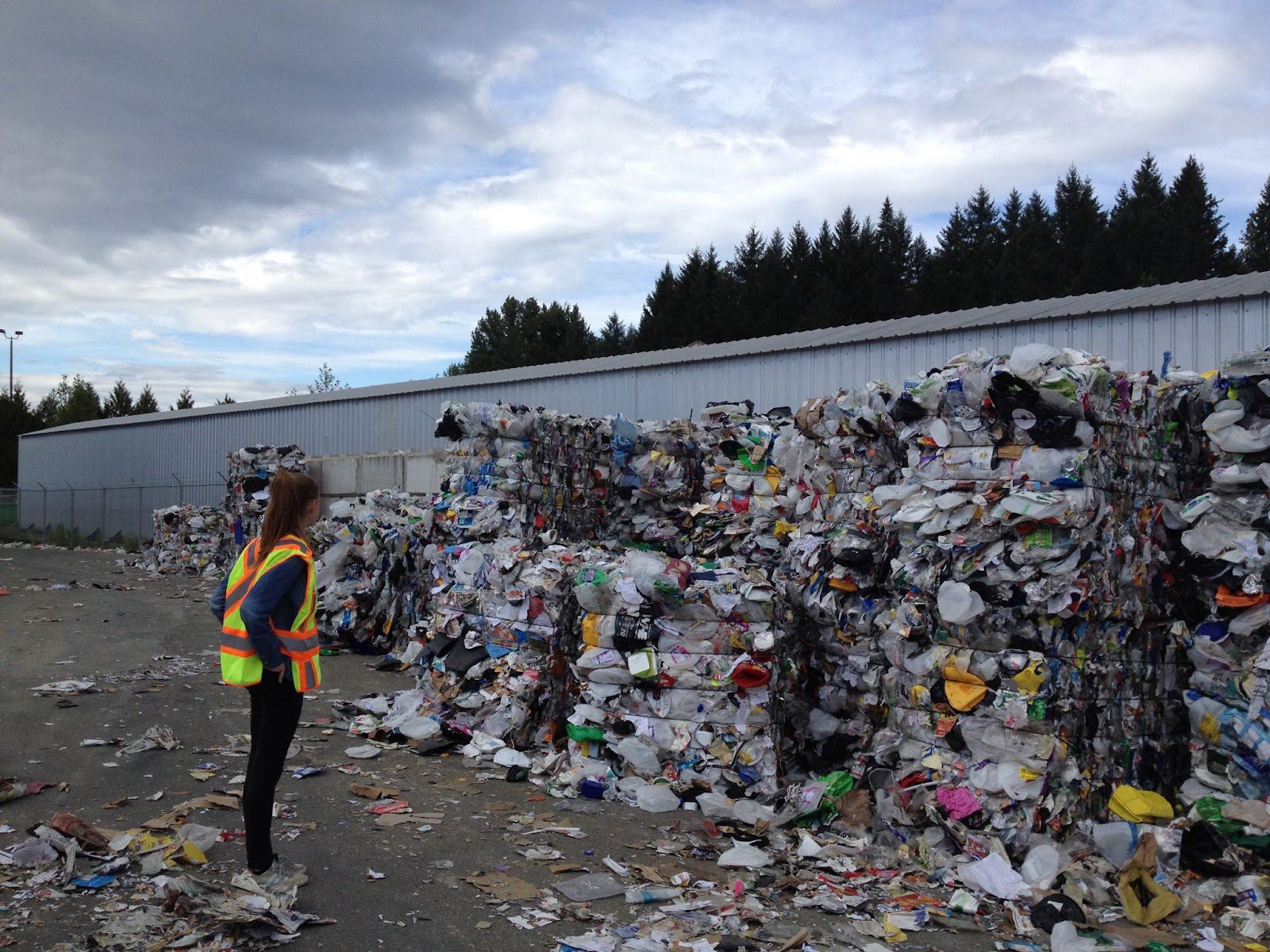
The effort is being led by local nonprofit Sustainable Seward and helped by community organizations like Alaska Plastic Recovery. Since May, Sustainable Seward has been collecting all sorts of unwanted plastic with bins placed in high-traffic areas around the city and a larger collection site at Seward Transfer Facility. Later in the fall, the collected plastic will be transported to Seward Marine Industrial Complex and placed into 50-pound “super stacks.”
Each stack will then be processed under the supervision of Alaska Plastic Recovery founder Patrick Simpson and converted into synthetic lumber in the form of 8-foot 2x2s, 2x4s, 2x6s, and 4x4s. The lumber will be sold to local buyers with the intent of helping the community first and has already garnered interest from Seward’s businesses in upgrading their docks.
However, not every entry on the plastic spectrum will be applicable. There are seven types of plastic, ranging from thicker packaging and containers to ultra-thin varieties like plastic food wrapping material, with some degrees being more recyclable than others.
In addition to #1 and #2 plastics, which include water bottles and detergent containers, Seward’s project will collect plastic types 4 and 5 — excluding types 3, 6, and 7.
Types 4 and 5 will be particularly interesting to town residents who use prescription bottles, eat yogurt and use shrink wrap to coat boats during the cold months. “Now we’re going to be able to recycle the hundreds and hundreds of yards of shrink wrap plastics that otherwise used to go into the dump,” said Lori Landstrom, chair of Sustainable Seward’s board of directors.
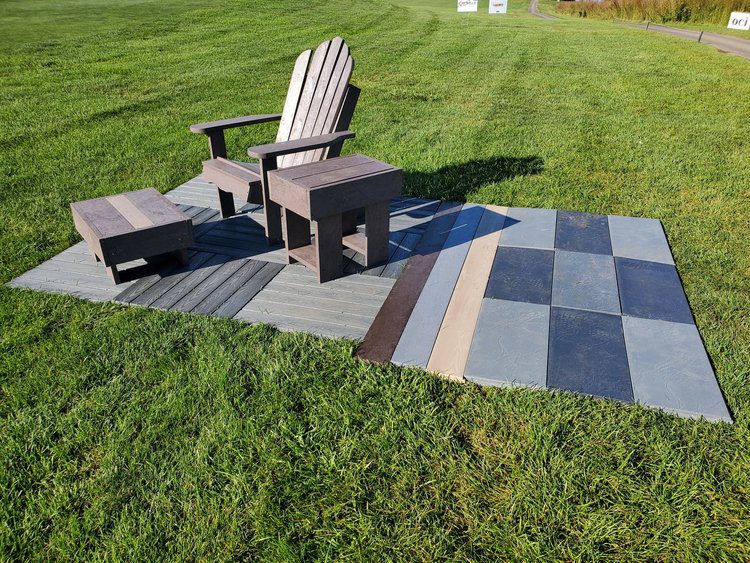
The plastic-to-lumber conversion is not the first of its kind. Firstar Fiber announced plans last summer to build a similar facility in Omaha, and trendy startups like Polywood have been making waves for utilizing synthetic lumber as an ethical source for people’s lawn furniture needs. Nor is Seward’s program going to be some “magic eraser” for trash buildup worldwide or even within city limits. It is, however, a good example of communities realizing the value of doing what they can with the mindset of building on it in the future. “The point is to reduce the amount of plastic we consume (and) to reuse the plastics for anything else,” said Landstrom. “But if we can’t do either of those two, then at least attempt to recycle the item.”

